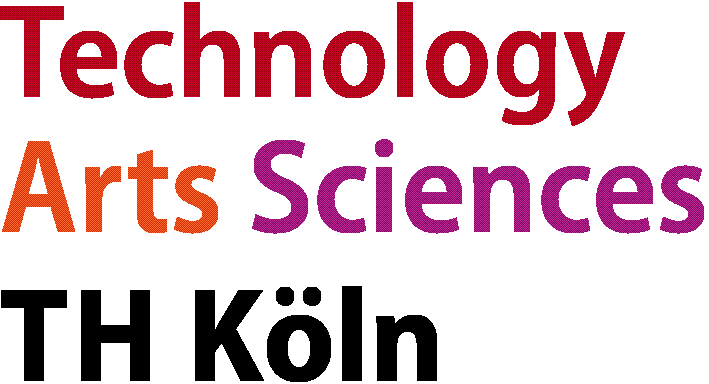
|
|
Qualification aims
The module encompasses the application of electrical and physical principles to develop and critically evaluate accurate simulations of measurement and electrical energy systems using industry-standard tools, enabling the prediction and analysis of system behaviors and the identification of improvements.
Students can
- understand the fundamental principles of technical systems
- comprehend integration techniques for technical systems
- identify the challenges and solutions in system integration
- acknowledge the impact of emerging technologies
by
- reviewing current literature
- applying integration techniques
- developing the skills to design, evaluate, and implement integration solutions for connecting disparate technical systems
- comprehending various integration models and integrating sub-systems
- performing system analysis and design
- conducting comprehensive system analyses and design robust models that optimize the functionality and efficiency of technical systems
- critical thinking and problem solving
- summarizing results in reports
- presenting results in oral presentations
to
- grasp the theoretical underpinnings of technical systems
- be able to integrate automation systems, technical information systems and business information systems
- identify opportunities for energy efficient improvements and sustainability
- understand the environmental, economic, and social impacts of the developed solutions
- acquire practical skills and attitudes critical for success in the engineering of technical systems
Module Content
Measurement Systems
- Introduction to the theory of measurement systems
- Measurement process and the definition of units of measurement
- Systematics of physical effects
- Types and structure of sensors
- Concepts of measurement electronics and amplifiers
- Computer-aided measuring systems
- Measurement data and results
Business Information Systems and Enterprise Resource Planning Systems (ERP)
- Relevance of ERP Systems in a Business Context, ERP Paradigms
- Basic Technologies and Technical Architecture
- Business Process Modelling and Application Automization
- Application Programming and Implementation of Business Functions
- Integration Patterns, Web Service Based Integration
Industrial Systems
- Manufacturing Industries
- Manufacturing Industries Production Plants
- Unit Concept in Manufacturing Industries
- Units (Machine Tools, ...)
- Process Industries
- Process Industries Production Plants
- Unit Concept in Process Industries
- Units (Pipes, Valves, Pumps, Compressors, Tanks, Reactors, Distillation Columns, etc.)
- Continuous Systems
- Discrete Event Systems
- Hybrid Systems
Sustainable Energy Systems
- Electrical grids and grid components
- Energy transition and respective grid requirements
- Distributed energy resources
- Smart grids
- Power quality
- Testing and monitoring
Bibliography
- B.E.A. Saleh and M.C. Teich: Fundamentals of Photonics, Wiley, 2007
- Girod, et.al.: Signals and Systems. ISBN 0-471-98800-6
- Proakis: Digital Signal Processing. ISBN 0-13-394289-9
- Diniz, et.al.: Digital Signal Processing. ISBN 0-521-78175-2
- Vaidyanathan, P.P.: Multirate Systems and Filter Banks. ISBN 0-13-605718-7
- Chappell D. A.: Enterprise Service Bus. O'Reilly, 2004
- Josuttis N., M.: Soa in Practice. O'Reilly Media, 2007
- Van der Hoven H.: ERP and Business Processes. Llumina Press, 2009
- Current publications of major manufacturers such as ORACLE, SAP, SIEMENS
- Papailiou: Handbook of Power Systems. Springer, CIGRE
- Schwab, A.J.: Elektroenergiesysteme. Springer Vieweg.
- Rashid, M.: Energy Systems in Electrical Engineering, Springer
- Yang, P.: Renewable Energy – Challenges and Solutions, Springer, https://doi.org/10.1007/978-3-031-49125-2
|
 |

|


![Deutsch version not yet available [ger]](http://www.master-ait.de/common/flag_ger_inactive.gif)
![Englisch [eng]](http://www.master-ait.de/common/flag_eng.gif) Englisch
Englisch